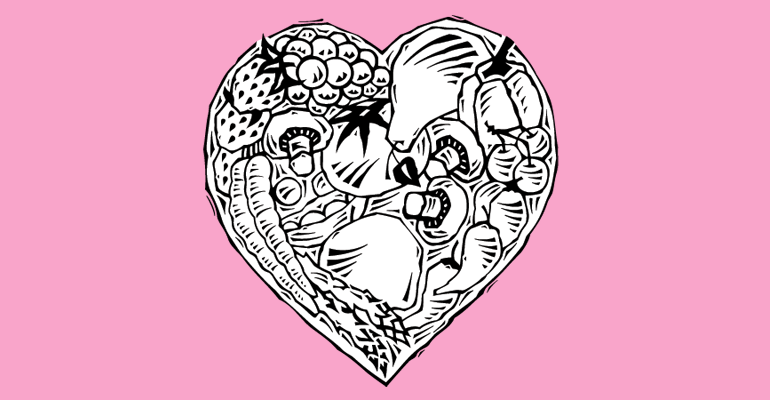The question of nature vs nurture — who or what determines how a child grows up — came up recently in my circle of friends. Many had seen the Private Practice character Addie Montgomery announce to her therapist, a week after adopting, “I know nurture beats nature, because Henry looks at me with love. I’m his mom and he knows it. And no protein code told him to believe that.”
I half-smiled at my TV and thought, wait until Henry is in elementary school and likes sports instead of science, refuses to learn math, laughs hysterically at cartoons, or shows any other number of behaviors that have nothing to do with what his mom likes or has taught him.
I know that’s frustrating for some adoptive parents, who need to see their influence on their children. And truly, the way you parent will have an effect on your children, whether or not they share your DNA. But, honestly, having a child with different DNA opens up new worlds for both of you.
I liken it to baking. You’ve got flour and eggs and salt and chocolate and milk and baking powder and sugar. If you mix them one way, you’ve got a chocolate cake. If you mix them another way, you’ve got brownies. Another way, you’ve got cookies. All delicious.
But what you will never have is chicken parmesan.
All parents take the basic ingredients in their children and try to shape them into something palatable for the rest of society. The difference for adoptive parents is that there might be ingredients that you don’t recognize: a talent for singing, when you can’t carry a tune; a head for numbers, when you can’t balance your checkbook; a learning disability, when you sailed through school.
I made a choice to parent my children’s DNA instead of my own agenda when they were young, and was delighted to find that, mostly, they liked the same stuff I did. My twin daughters and I love to dance, do art projects, bake, and write stories together. We try lots of other things too, things that I love and they don’t so much — like reading and sewing and telling really bad puns.
But then one of my daughters started to show real prowess in sports. How could this be? I hate sports. Every last one of them.
Yet somehow I have a child who made seven baskets in a row the first time she took a basketball in her hands. So my daughters (thanks to their uncle, who does like sports) now play catch and softball and kick a ball around the front yard.
What’s even more interesting to me is how much my daughters are like their biological brother, who is being raised in a situation very different from ours. He lives with his dad, who works long hours to provide for him, in an apartment in a small city. My daughters live in the country, with a two-parent family and a mom who works from home. Their brother’s dad is young and hip, my husband and I are old. We come from different cultures, socio-economic strata, and races.
Yet our children, who see each other once or twice a year, share facial expressions, mannerisms, and a quirky sense of humor. Not one of them can do math, no matter how much we parents beg.
And all three of them love their birth father, the man whose DNA they share. So, as Henry grows up, week after week on Private Practice, I suspect that his mom will recognize how deeply DNA is programmed in her son. And I hope she nurtures that DNA and cherishes the child she is raising — even if she doesn’t recognize all of the ingredients. Nurture may amplify or muffle nature, but it won’t ever change it.
And that’s a good thing.



